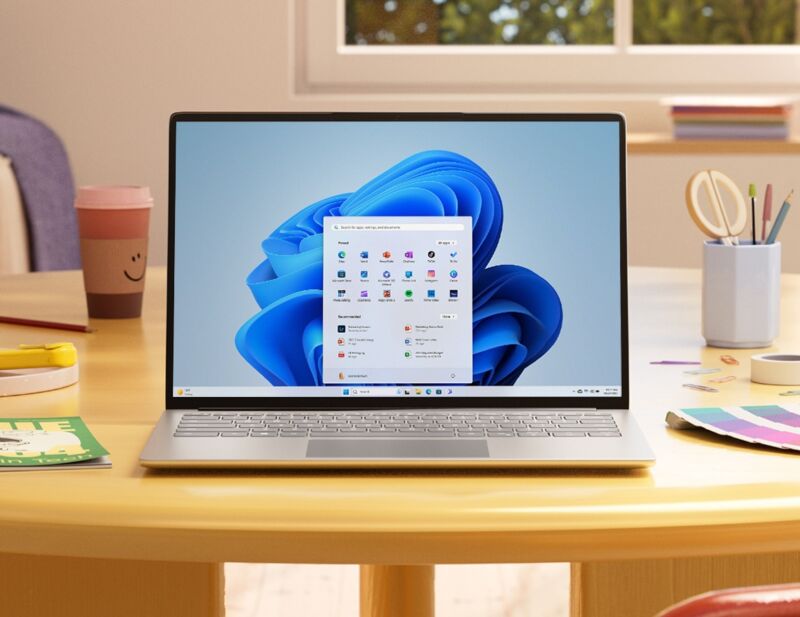
Microsoft is going all-in on Arm-powered Windows PCs today with the introduction of a Snapdragon X Elite-powered Surface Pro convertible and Surface Laptop, and there are inevitable comparisons to draw with another big company that recently shifted from Intel’s processors to Arm-based designs: Apple.
A huge part of the Apple Silicon transition’s success was Rosetta 2, a translation layer that makes it relatively seamless to run most Intel Mac apps on an Apple Silicon Mac with no extra effort required from the user or the app’s developer. Windows 11 has similar translation capabilities, and with the Windows 11 24H2 update, that app translation technology is getting a name: Prism.
Microsoft says that Prism isn’t just a new name for the same old translation technology. Translated apps should run between 10 and 20 percent faster on the same Arm hardware after installing the Windows 11 24H2 update, offering some trickle-down benefits that users of the handful of Arm-based Windows 11 PCs should notice even if they don’t shell out for new hardware. The company says that Prism’s performance should be similar to Rosetta’s, though obviously this depends on the speed of the hardware you’re running it on.
Microsoft also claims that Prism will further improve the translation layer’s compatibility with x86 apps, though the company didn’t get into detail about the exact changes it had made on this front.
Emulated x86 apps are a useful stopgap solution, but to take full advantage of Arm chips, developers will need to ship native apps. Luckily for Microsoft, this has become more common in the last couple of years. Google Chrome is finally shipping a native Arm version, as is Dropbox. Adobe also announced today that Illustrator and Premiere Pro would be joining its slate of Arm-native apps later this summer, joining the already-native Photoshop, Lightroom, Firefly, and Express apps.
Essentially all of the major PC OEMs plan to join Microsoft in shipping Arm-based PCs in the next few months, partly because Qualcomm’s Snapdragon X Elite chips are the only ones with neural processing units (NPUs) fast enough to support Windows 11’s new on-device AI features. Dubbed “Copilot+ PCs,” the new devices are trying to make Windows-on-Arm happen after more than a decade of failures and at-best-muted successes.
https://arstechnica.com/?p=2025352

